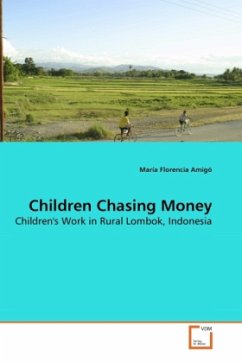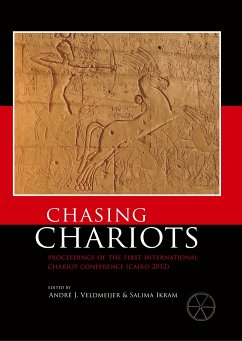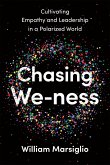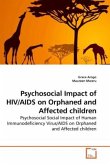This book explores the economic lives of children in rural Lombok, Indonesia. An anthropological perspective adds two important components to our understanding of children's work. Firstly, it illuminates, and thus questions, what are often seen as cultural universals by situating social practices in specific cultural and social contexts. Children's work in Lombok needs to be understood, initially, in terms of vernacular notions of children' and work'. Secondly, it explores children's work through their own accounts. It shows that the ideas, wants, and expectations children have about their lives in general and about their working lives in particular, are valuable in comprehending children's work and critical to understanding the motivations involved. The aim of this project was to recover children's voices and to see what they have to say about work, labour, money and childhood.
Bitte wählen Sie Ihr Anliegen aus.
Rechnungen
Retourenschein anfordern
Bestellstatus
Storno








